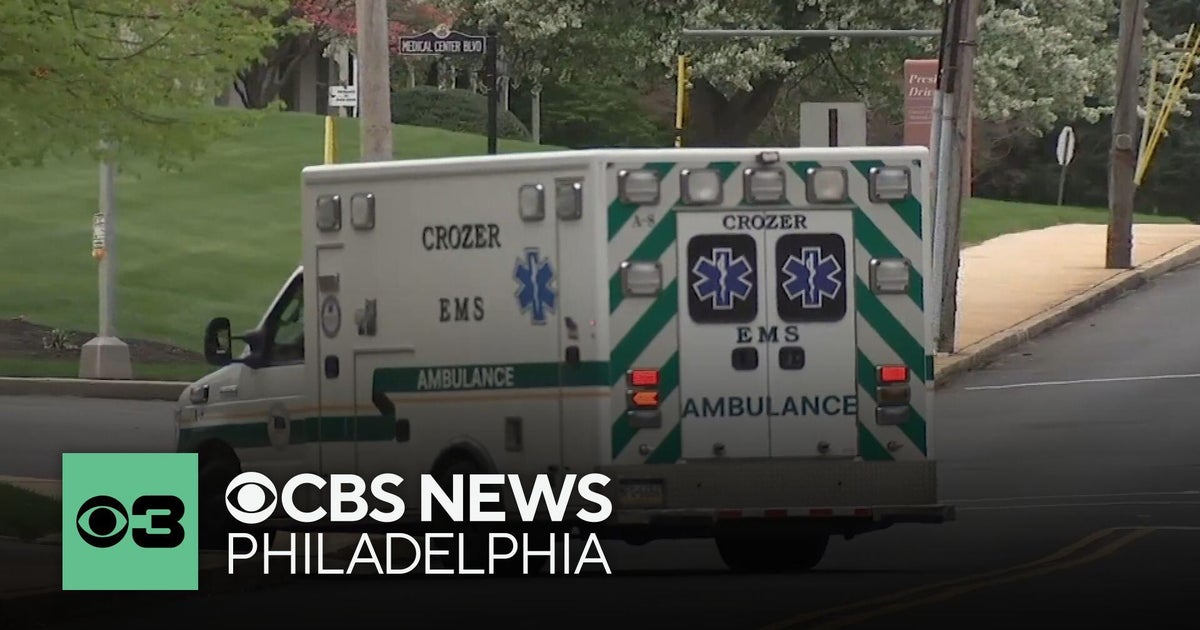Crisis Looms: Delaware County Leaders Convene Emergency Summit Over Crozer Health's Potential Closure

Community Concerns Arise as Crozer Health System Prepares to Shut Down Local Hospitals
Delaware County health officials took a proactive step Thursday, convening a critical community meeting to address mounting anxieties surrounding the imminent closure of Crozer Health system's medical facilities. Residents gathered to learn about the potential impact of shutting down two key healthcare institutions: Crozer-Chester Medical Center and Taylor Hospital.
The meeting aimed to provide transparency and reassurance to local residents who are understandably worried about the potential disruption to their healthcare services. Community members sought answers about alternative medical care options, potential job losses, and the broader implications of these hospital closures.
Local officials emphasized their commitment to ensuring minimal disruption to healthcare access and pledged to work closely with residents to navigate this significant transition. The closure represents a substantial change for Delaware County's healthcare landscape, prompting urgent discussions about maintaining quality medical services for the community.
